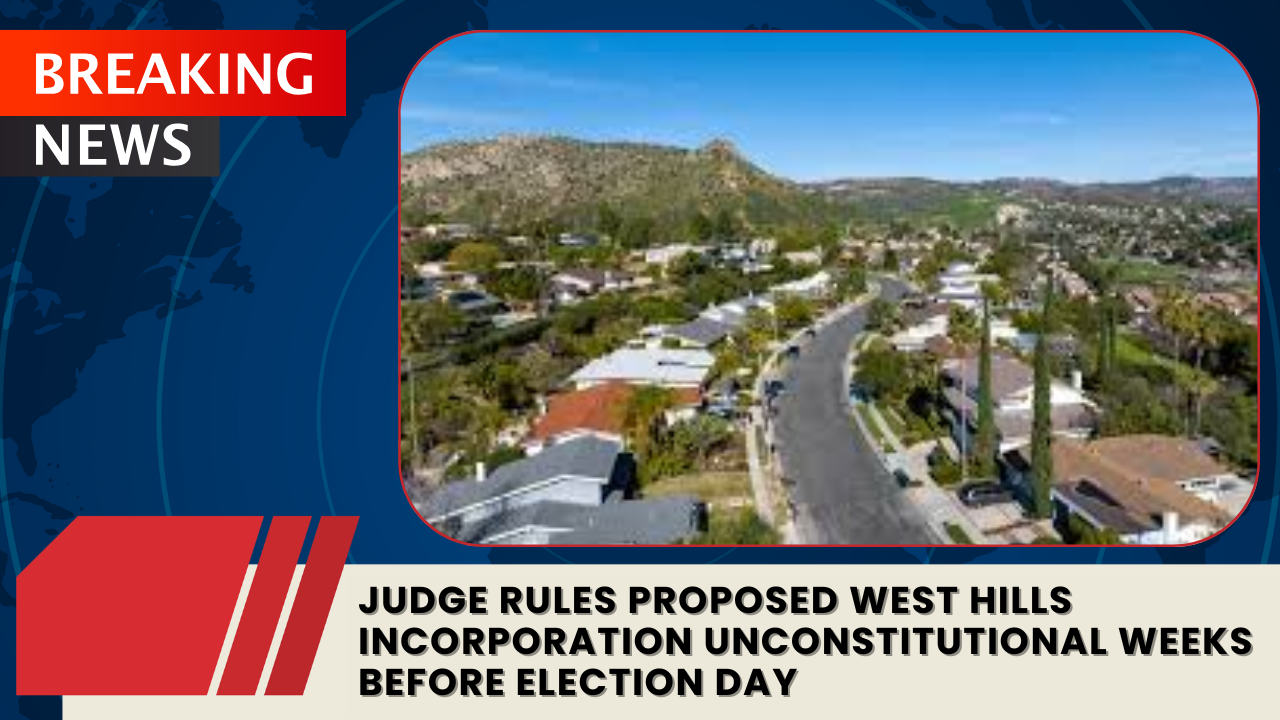The long-debated proposal to create the Town of West Hills has been struck down as unconstitutional — just three weeks before voters were set to decide its fate.
In a ruling issued Tuesday, Third District Judge Matthew Bates declared that the West Hills incorporation process violated Utah’s Constitution, citing unequal treatment of landowners under state law. The decision came after months of litigation and just one day before ballots were mailed to residents.
The lawsuit, filed in May 2025 by ten Summit County property owners, challenged the legality of the incorporation process and accused town sponsor Derek Anderson, a Salt Lake real estate attorney, of manipulating boundaries to exclude opponents. The plaintiffs also named Lt. Gov. Deidre Henderson, whose office certifies incorporation proposals, as a defendant.
Bates’ ruling found that Utah’s incorporation law “disparately treated similarly situated landowners” by allowing some property owners the right to opt out of the proposed township while denying that same right to others added later in the process. The discrepancy, he said, violated the state constitution’s uniform operation clause.
“The specified landowners are identical in all relevant respects. Yet they are treated differently based on one arbitrary factor: the timing of the incorporation sponsor’s decision to include their property,” Bates wrote.
The ruling invalidates the Lieutenant Governor’s certification of the West Hills proposal, effectively nullifying the incorporation. However, because ballots had already been printed, the question will still appear on the November ballot — though Summit County Clerk Eve Furse confirmed that her office will not count votes on the measure.
“Our plan right now is not to count the votes,” Furse said in an email. “We will be notifying voters of the change.”
Background and legal dispute
The controversy stems from Anderson’s submission of two different maps outlining the proposed township boundaries. The first map failed to meet state requirements after several landowners opted out. The revised map, submitted after the legal deadline for exclusions, included new properties without giving those landowners a chance to withdraw.
Attorney Janet Conway, representing the plaintiffs, argued that this violated equal treatment under state law. Bates ultimately agreed, writing that the incorporation law “allows manipulation of the process by inclusion after the exclusion window has closed,” calling it “unfair and unreasonable.”
Anderson criticized the decision, saying, “West Hills proponents have followed Utah law and statutes and will most likely appeal this decision.”
Community reaction
Opponents, including members of the Kamas Valley Preservation Association, celebrated the ruling.
“We are very pleased with the judge’s ruling protecting the constitutional rights of the plaintiffs and others,” said Jennifer McCaffrey, the association’s president.
The proposed 3,600-acre township along S.R. 248 near Kamas had been controversial since 2023, with critics citing concerns over property rights, governance transparency, and development motives. Proponents argued incorporation would give residents greater control over land use and growth.
For now, the court’s decision halts the West Hills effort — though an appeal may follow.



